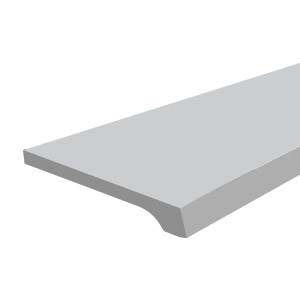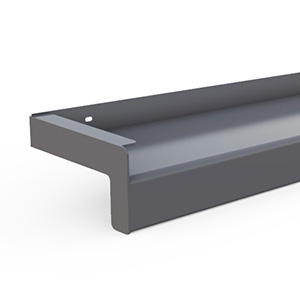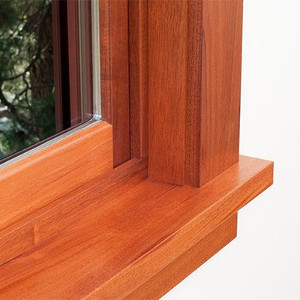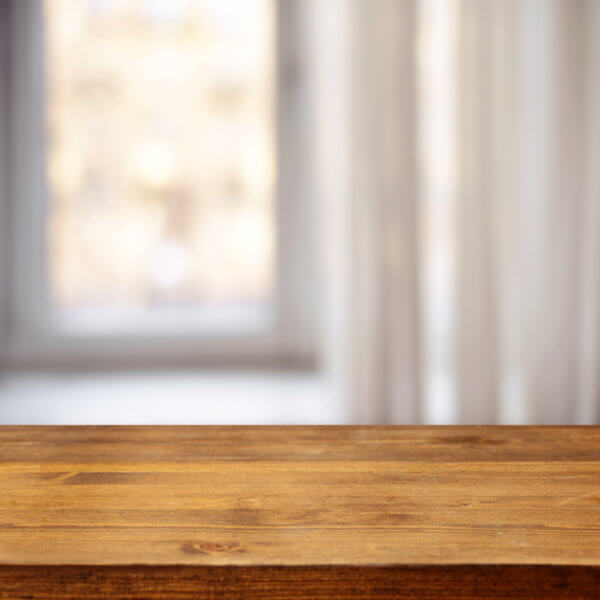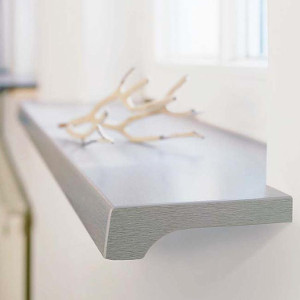When purchasing new or replacement windows, the windows themselves tend to take up the bulk of one's thought and planning. However, window sills are a small but important feature that plays a greater role than imagined. Window sills offer more than just their appearance or a place for potted plants. They contribute to a window's energy efficiency, air-tightness, and moisture control. Sills are part of the window trim, which also includes the head casing, side jambs, and the apron. Each one plays helps keep the elements out as well as the window structurally sound.
Types of Window Sills
When it comes to window sills, there are two general types: interior and exterior. While an afterthought to most people, they serve very different functions. Interior window sills, for example, will not need to stand up to temperature swings, driving rain or constant exposure to UV rays. Their functions differ based on where they are installed and include:
- Protecting from weather and moisture on the outside
- Offering a practical space for decorations on the inside
- Providing additional stability from both sides of the window
Interior Window Sills
The main function of interior sills is practical. They are primarily used for storage and display. Potted plants, photos, and decorations are the most common. Therefore, interior sills are installed to be completely level, putting special emphasis on stability in order to create a safe place to put decorations.
Since weather protection is unnecessary inside, the materials are chosen based more on appearance than toughness. UPVC variants can be customised using stone or wood-grain pattern decorative foils. Low maintenance requirements are common for all these materials.


